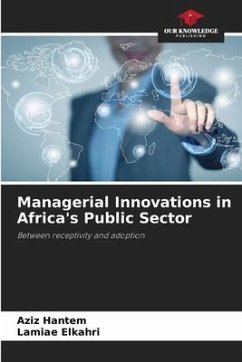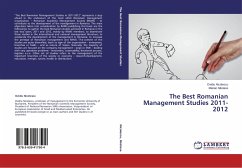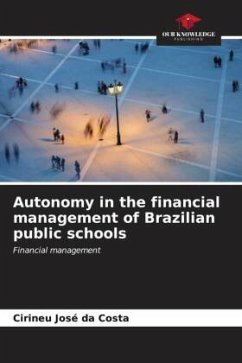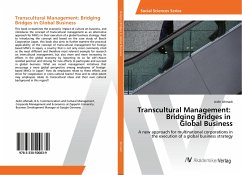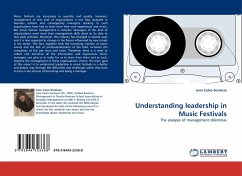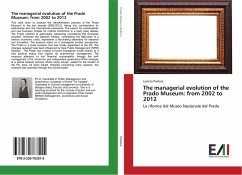
The managerial evolution of the Prado Museum: from 2002 to 2012
La riforma del Museo Nazionale del Prado
Versandkostenfrei!
Versandfertig in 6-10 Tagen
30,99 €
inkl. MwSt.

PAYBACK Punkte
15 °P sammeln!
This work aims to analyze the transformation process of the Prado Museum in the last decade (2002-2012), taking into consideration its relationship with the international panorama. The search for sustainability and new business models for cultural institutions is a lively open debate. The Prado solution is particularly interesting considering the European situation. Moreover the Spanish context, considering the difficulties of a serious economic crisis, represents a fascinating laboratory for research and innovation. The analysis relies on a managerial studies perspective. The Prado is a state...
This work aims to analyze the transformation process of the Prado Museum in the last decade (2002-2012), taking into consideration its relationship with the international panorama. The search for sustainability and new business models for cultural institutions is a lively open debate. The Prado solution is particularly interesting considering the European situation. Moreover the Spanish context, considering the difficulties of a serious economic crisis, represents a fascinating laboratory for research and innovation. The analysis relies on a managerial studies perspective. The Prado is a state museum that was totally dependent to the PA. The changes reviewed have been influenced by New Public Management (NPM) theories . The Prado has created a hybrid managerial model thanks to a new juridical status that implies an autonomous management. The museum attempts to rich financial sustainability through the self-management of its resources and independent governance.What emerges is a partial renewal process where some issues, related to the burden of the PA, have not been solved. However concerning many aspects, the museum has improved through this hybrid model.




